Healthy eating starts at the grocery store—especially when you’re managing diabetes. If you’ve ever found yourself wandering the aisles, wondering which foods are actually good for your blood sugar (and your taste buds), you’re not alone.
The good news? Eating well doesn’t mean settling for bland or boring. With a few smart choices in your cart, you can whip up meals that are satisfying, flavorful, and supportive of your health goals.
As a nutritionist, I’ve curated a list of 10 go-to grocery items that check all the right boxes: low on the glycemic index, rich in fiber and nutrients, and surprisingly versatile in the kitchen.
Whether you’re prepping breakfast or planning dinner, these foods will keep your blood sugar stable and your meals exciting.
1. Quinoa
Who would have thought that quinoa, with its tiny grain size, could pack such a powerful nutritional punch? This versatile grain substitute can become a staple in your kitchen, providing high protein content and fiber that keeps your blood sugar levels steady.
Quinoa’s mild, nutty flavor makes it a perfect complement to a variety of dishes, from salads to stir-fries.
Did you know that quinoa is one of the few plant foods that contain all nine essential amino acids? This makes it a complete protein source, especially beneficial for those with dietary restrictions. It’s also full of antioxidants, which are crucial for overall health.
Quinoa’s adaptability and nutritional benefits make it an exceptional addition to a diabetes-friendly diet. Next time you’re at the store, grab a bag and experiment with this super grain in your favorite recipes!
2. Leafy Greens
Imagine a garden filled with lush, green leaves waving in the breeze. Leafy greens like spinach, kale, and arugula are not only visually appealing but also packed with vitamins and minerals that are essential for a balanced diet.
These greens are extremely low in carbohydrates, making them an excellent choice for those managing diabetes.
Aside from their nutritional value, leafy greens are incredibly versatile. They can be tossed into smoothies, sautéed as a side dish, or enjoyed fresh in a salad. Their slightly bitter, earthy taste adds a unique flair to any meal.
Research shows that consuming leafy greens regularly can improve heart health and support weight management. So, when you’re planning your next grocery trip, be sure to make room in your cart for these nutritious powerhouses!
3. Berries
Bursting with flavor and color, berries are a delightful treat that can be enjoyed guilt-free. Whether it’s strawberries, blueberries, or raspberries, these juicy fruits are naturally low in sugar while being high in fiber. Their antioxidant-rich profile helps protect the body from inflammation and oxidative damage.
Berries can easily be incorporated into your diet, whether as a snack, dessert topping, or smoothie ingredient. Their natural sweetness and vibrant colors make them an attractive addition to any meal.
Did you know that berries have been linked to improved brain health and reduced risk of heart disease? Their numerous health benefits make them a must-have for anyone looking to maintain a diabetes-friendly lifestyle. So go ahead and indulge in nature’s candy the next time you’re shopping!
4. Greek Yogurt
Greek yogurt isn’t just a breakfast staple; it’s a nutritional powerhouse that supports a diabetes-friendly diet.
Rich in protein and low in carbohydrates, it helps maintain steady blood sugar levels while keeping you full and satisfied. Its creamy texture and tangy taste make it a versatile ingredient in both sweet and savory dishes.
Whether you’re enjoying it with fresh fruit, using it as a base for smoothies, or adding it to savory sauces, Greek yogurt’s versatility is unmatched. It’s also a great source of calcium and probiotics, which support bone health and gut function.
With so many benefits packed into each serving, Greek yogurt is a smart choice for anyone aiming to balance flavor and nutrition. Make sure to add this creamy delight to your grocery list for a health-conscious option!
5. Nuts and Seeds
Ever reached for a handful of nuts and felt instantly satisfied? Nuts and seeds are not only great for curbing hunger but also provide a hefty dose of healthy fats, proteins, and fiber. Almonds, walnuts, chia seeds, and flaxseeds are particularly beneficial for those managing diabetes.
The healthy fats in nuts help reduce insulin resistance, and their fiber content aids in digestion and blood sugar control. They can be enjoyed as a snack, sprinkled over salads, or blended into smoothies for an extra nutritional boost.
Incorporating nuts and seeds into your diet can also contribute to better heart health and weight management. So, add these crunchy delights to your shopping cart and enjoy their satisfying crunch and nutritional benefits!
6. Avocado
The avocado’s creamy texture and rich flavor make it more than just a toast topping. This fruit (yes, fruit!) is packed with healthy monounsaturated fats that are beneficial for heart health and blood sugar control.
Avocados are incredibly versatile; they can be blended into smoothies, tossed into salads, or simply enjoyed on their own with a sprinkle of salt and pepper. Their high fiber content helps maintain steady blood sugar levels, making them an ideal choice for a diabetes-friendly diet.
Did you know that avocados are also a great source of potassium, which aids in muscle function and fluid balance? Including this green delight in your meals can elevate both taste and nutrition, so make sure they have a spot on your grocery list!
7. Whole Grains
Whole grains might not have the flashy allure of some other foods, but their nutritional profile is nothing short of remarkable. Brown rice, oats, and barley are just a few examples that offer fiber, vitamins, and minerals essential for a balanced diet.
These grains release energy slowly, helping to maintain stable blood sugar levels throughout the day. Their nutty flavors and chewy textures add a satisfying element to meals, whether they’re used in soups, salads, or as a side dish.
Incorporating whole grains into your diet can contribute to better heart health and weight management. Plus, they provide a sense of fullness that can help prevent overeating. When planning your next grocery run, don’t forget to stock up on these wholesome grains for a nutritious addition to your meals.
8. Fish
Swimming in nutrient-rich waters, fish like salmon, mackerel, and sardines are fantastic sources of omega-3 fatty acids. These healthy fats are essential for heart health and have anti-inflammatory properties that benefit those managing diabetes.
Fish can be enjoyed in countless ways, from grilling to baking or even as sushi. Their mild flavors and tender textures make them a versatile option for various culinary creations.
Did you know that regular fish consumption is linked to improved brain health and reduced risk of chronic diseases? Including fish in your diet can enhance both taste and nutrition, making it a must-have on your grocery list.
Remember to choose wild-caught options when possible, as they tend to have higher nutritional value.
9. Beans and Legumes
Beans and legumes may not be the stars of the culinary world, but they certainly shine when it comes to nutrition. Lentils, chickpeas, and black beans are packed with protein, fiber, and essential nutrients that support a balanced diet.
These plant-based powerhouses can be used in soups, salads, or even as a meat substitute in various dishes. Their hearty textures and earthy flavors provide a satisfying base for many meals.
Incorporating beans and legumes into your diet can aid in blood sugar control and promote heart health. They’re not only delicious but also incredibly versatile, making them a fantastic addition to any diabetes-friendly grocery list. Don’t overlook these nutritional gems on your next shopping trip!
10. Olive Oil
Olive oil’s golden hue and rich taste have made it a staple in kitchens worldwide. This heart-healthy fat is packed with antioxidants and anti-inflammatory properties, which are beneficial for those managing diabetes.
Whether drizzled over salads, used in cooking, or as a dip for bread, olive oil adds flavor and nutrition to any dish. Its monounsaturated fats help improve insulin sensitivity and support overall well-being.
Did you know that olive oil has been a part of Mediterranean diets for centuries, contributing to their renowned health benefits? Including this liquid gold in your grocery list can elevate both taste and nutritional value, making it a wise choice for any health-conscious shopper.
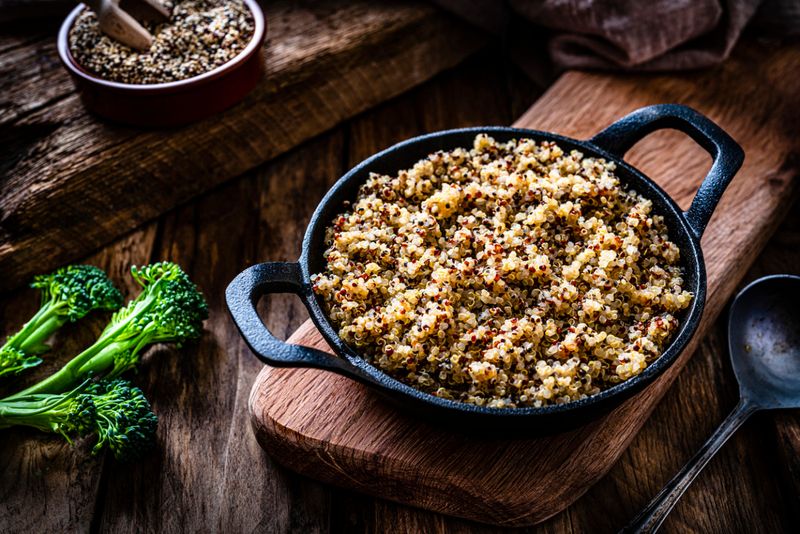
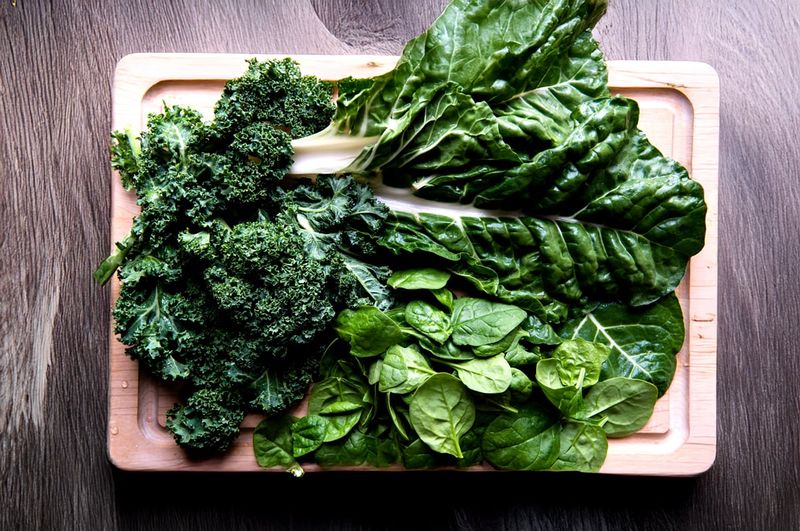
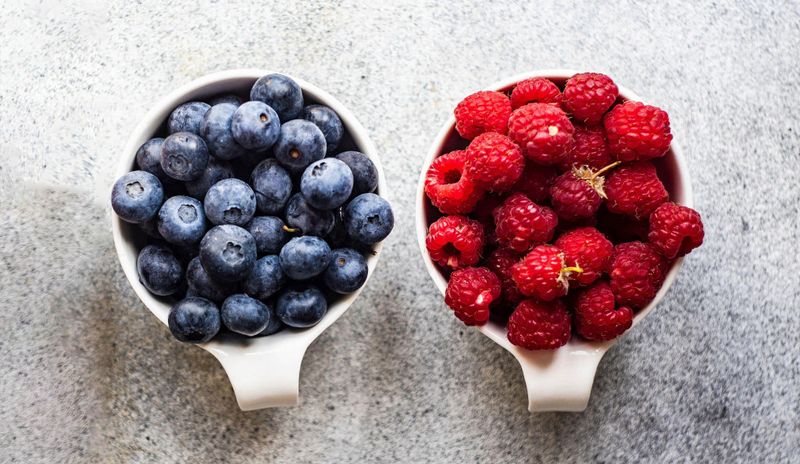
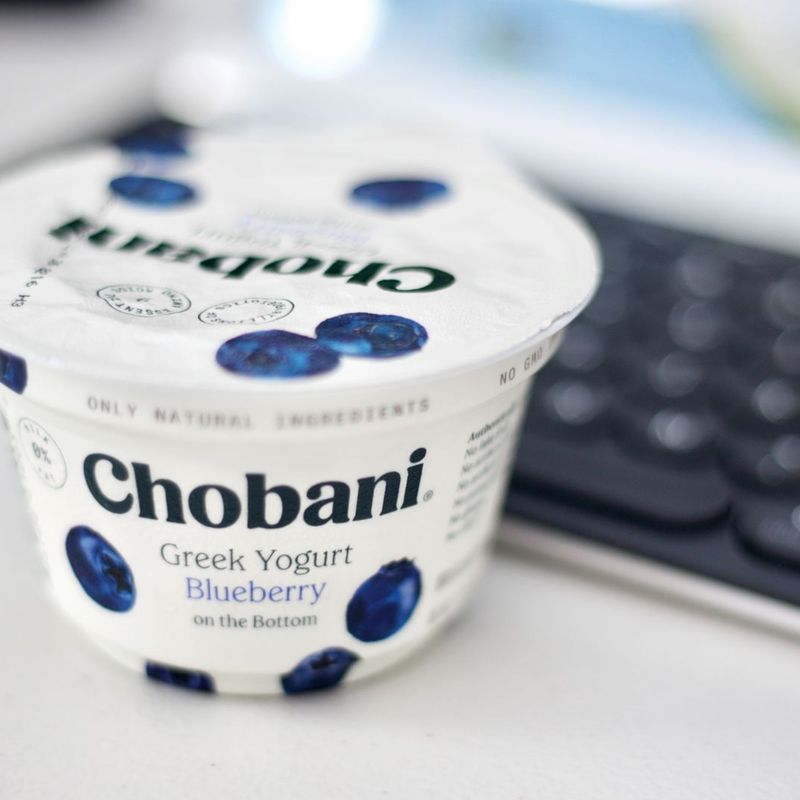
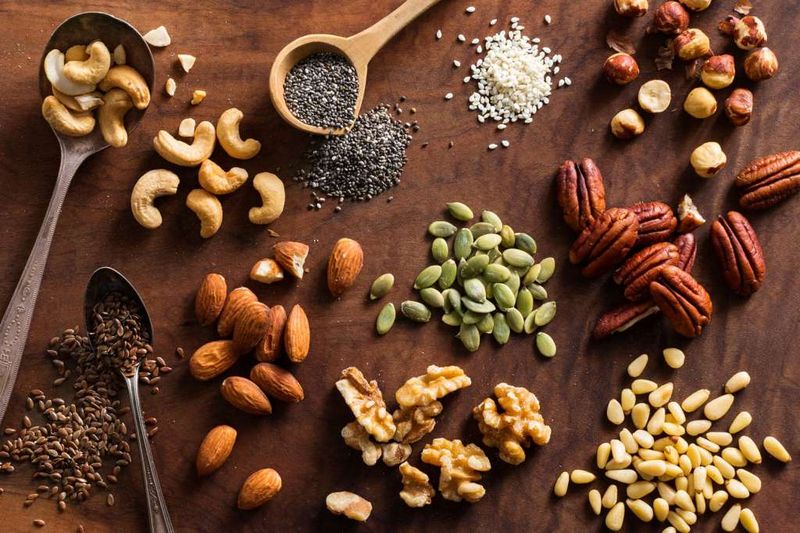
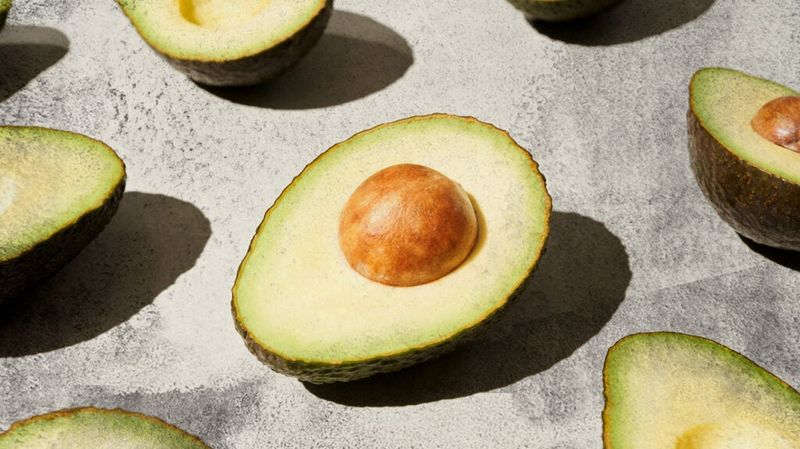
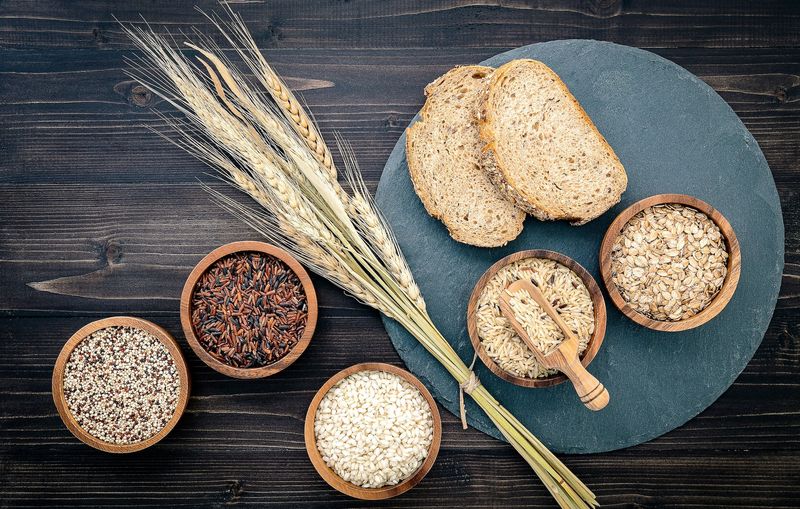

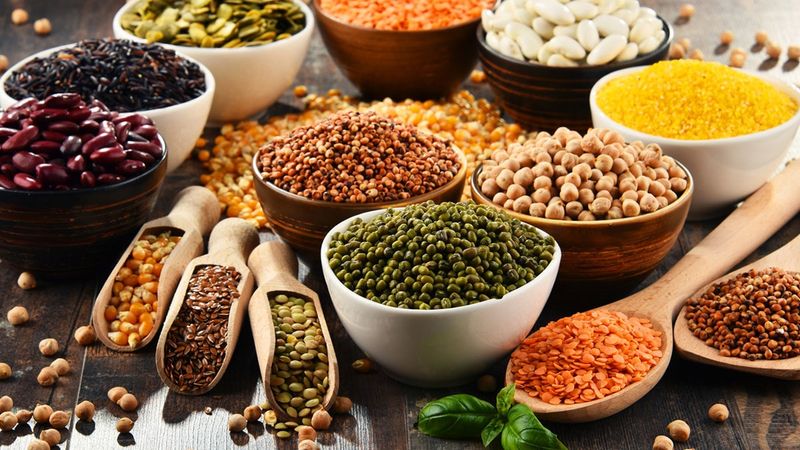

Leave a comment